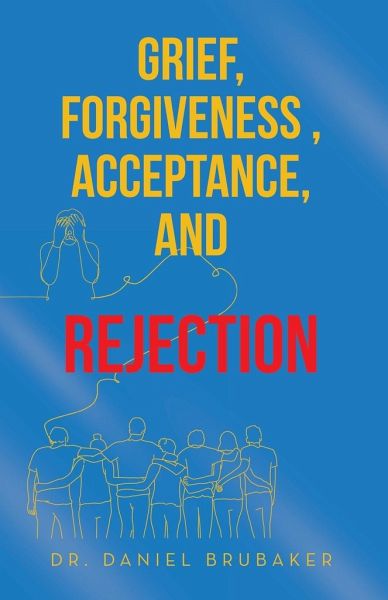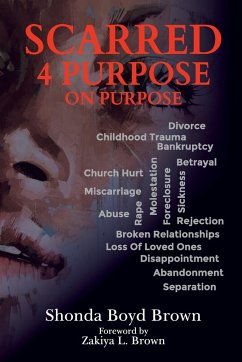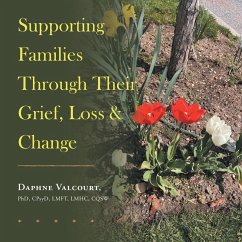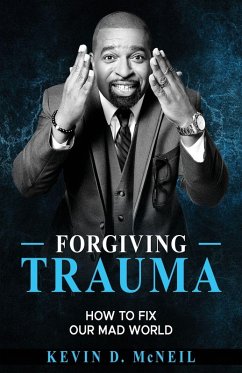
Grief, Forgiveness , Acceptance, and Rejection

PAYBACK Punkte
10 °P sammeln!
Healthcare providers and the public had no education in how to conduct end of life grieving until 1969 when Dr. Elisabeth Kübler-Ross published her experience with hospice patients at the end of life. She was a Swiss-American psychiatrist, a pioneer in near-death studies, and author of the internationally best-selling book, On Death and Dying (1969), where she first discussed her theory of the five stages of grief, also known as the "Kübler-Ross model". Since then, grief has been expanded into different areas other than end of life. This book also describes the five stages of grief and adds ...
Healthcare providers and the public had no education in how to conduct end of life grieving until 1969 when Dr. Elisabeth Kübler-Ross published her experience with hospice patients at the end of life. She was a Swiss-American psychiatrist, a pioneer in near-death studies, and author of the internationally best-selling book, On Death and Dying (1969), where she first discussed her theory of the five stages of grief, also known as the "Kübler-Ross model". Since then, grief has been expanded into different areas other than end of life. This book also describes the five stages of grief and adds two more stages. However, it delves deeper into the emotions involved with grieving and how one manages many grieving areas, such as death, divorce, job loss, and so forth. Therefore, this book is written for anyone going through a grieving process. We say pain, suffering, and grief are inevitable, but how to cope and improve life is only done with experiences and knowledge. This book is not just about grief, but other emotions that come into play such as forgiveness. As Forgiveness is associated with grief. We discuss the different types of forgiveness and how each functions. Understanding the emotions involved with forgiveness helps relieve the pain of hostility and grudges one may hold. Acceptance is the last stage of Kubler-Ross's five stages of grief, but we take this a step further into social acceptance, which also plays a role in grief. We discuss acceptance by others, such as friends and family. We include rejection by others, which can produce grief. We also discuss acceptance of others, such as people of other races, gender and so forth. Rejection of others, such as being prejudice, can lead to grief by the victims and others around them. I felt compelled to write about all the hatred, pain, and suffering causing grief around the world. I wrote this in empathy for my patients who grieve. I wrote this book out of my own experiences of grieving from health, personal and professional negative issues.














